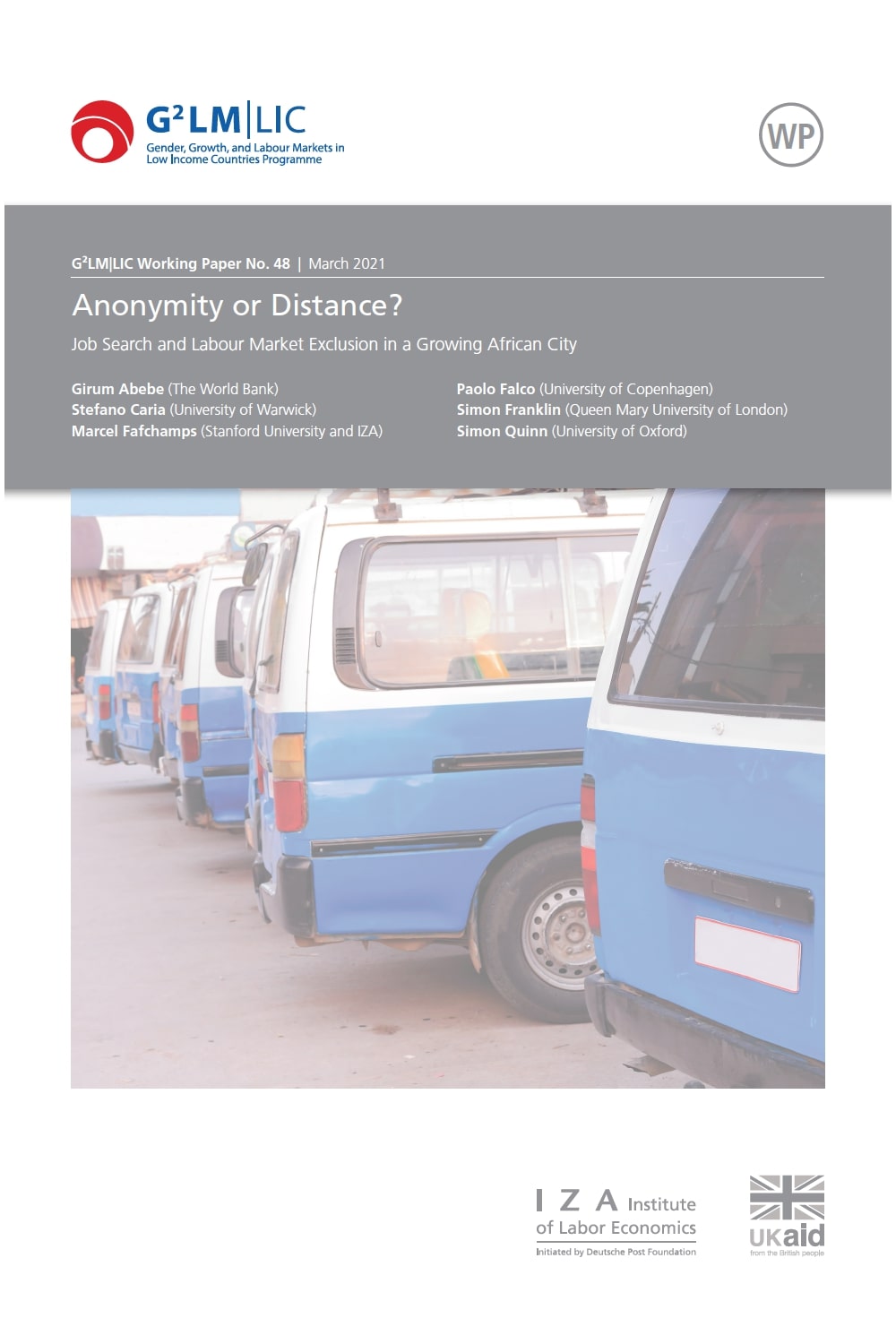We show that helping young job-seekers signal their skills to employers generates large and persistent improvements in their labour market outcomes. We do this by comparing an intervention that improves the ability to signal skills (the ‘job application workshop’) to a transport subsidy treatment designed to reduce the cost of job search. In the short-run, both interventions have large positive effects on the probability of finding a formal job. The workshop also increases the probability of having a stable job with an open-ended contract. Four years later, the workshop significantly increases earnings, job satisfaction, and employment duration, but the effects of the transport subsidy have dissipated. Gains are concentrated on individuals who generally have worse labour market outcomes. Overall, our findings highlight that young people possess valuable skills that are unobservable to employers. Making these skills observable generates earnings gains that are far greater than the cost of the intervention.
